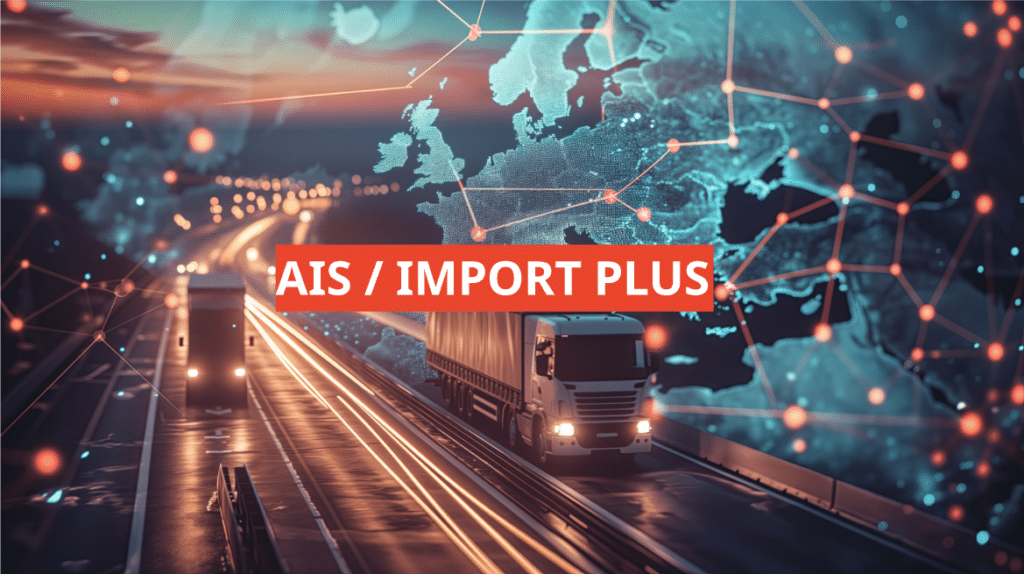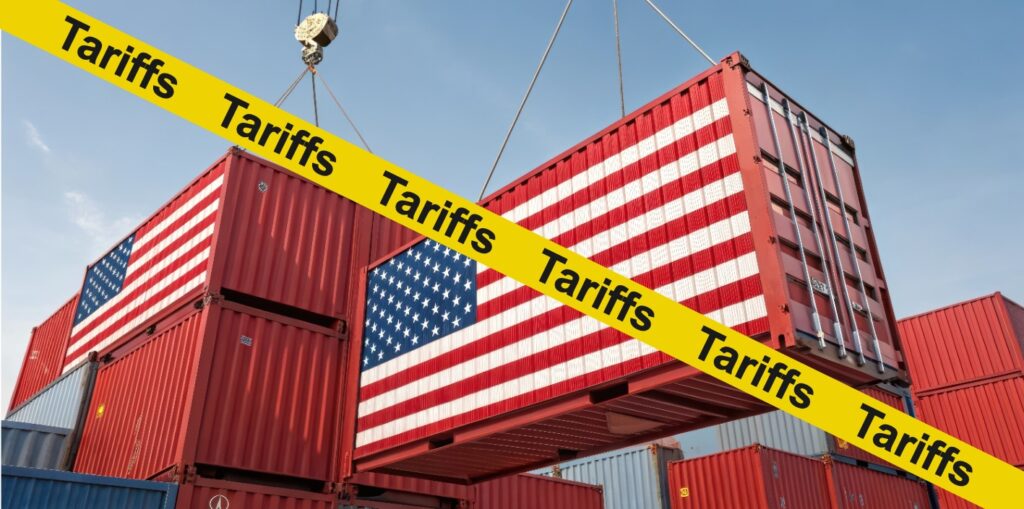T2L(F) documents signify that goods are freely circulating within the European Union. A T2LF is utilized when the destination is within the EU’s customs territory but outside its VAT area. For all other scenarios, a T2L document should be employed.
On November 27, 2023, the European Union and New Zealand opened a new chapter in their economic cooperation. The two partners have been negotiating the free trade agreement for a long time, and now the European Union has ratified it. The Council Decision (EU) 2024/244 highlights the mutual commitment to improving market access and promoting economic growth between the two regions.
Overview of the Agreement
The agreement marks a significant milestone in the relationship between the European Union and New Zealand. It is designed to simplify trade processes, reduce tariffs, and remove barriers to facilitate a smoother flow of goods, services, and investments. Beyond the economic benefits, this agreement also represents a strong political bond with the aim of strengthening relationships and promoting common values on a global level.
Economic Implications and Benefits
For EU companies, the agreement initially means a significant reduction in trade barriers. The elimination of tariffs and quotas will facilitate market access for a wide range of products and services. This can lead to an increase in trade volume between the EU and New Zealand and open up new markets for EU companies.
The agriculture and food industry of the EU could particularly benefit from the agreement. With simplified trade conditions, EU agricultural products and food can gain a larger market share in New Zealand. Conversely, EU consumers benefit from a greater choice of New Zealand products.
Furthermore, the agreement also includes provisions on services, investments, intellectual property, and sustainable development. Therefore, EU companies can expect improved legal frameworks and better protection of their rights in New Zealand. At the same time, EU companies need to adapt to the new trade conditions and reconsider their competitive strategies. Additionally, some sectors, such as the automotive industry, may face pressure from increased competition from New Zealand.
Future Prospects and Strategic Importance
The free trade agreement between the EU and New Zealand brings both opportunities and challenges. It is therefore important for companies to carefully analyze the impact of the agreement on their specific business areas and develop appropriate adjustment strategies. As always, the customs experts at Gerlach are here to assist you and provide support. Please contact us if you have any questions about the free trade agreement between the EU and New Zealand.













